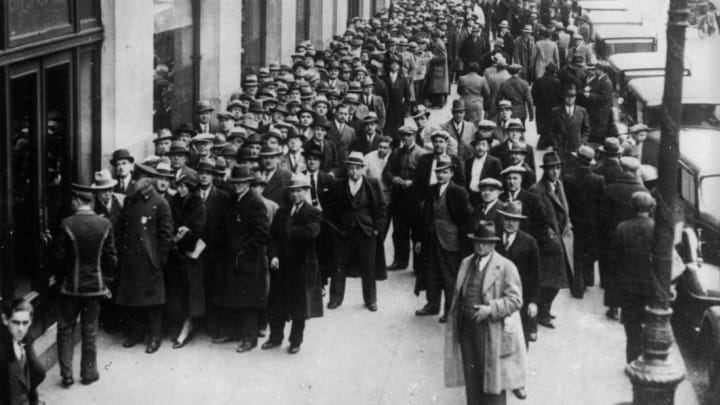84 Years Ago Today: Goodbye Prohibition!

It was 84 years ago today that the Twenty-First Amendment to the Constitution was ratified, repealing the earlier Amendment that declared the manufacture, sale, and transport of alcohol illegal in the United States. Prohibition was over! Booze that had been illegal for 13 years was suddenly legal again, and our long national nightmare was finally over.
Prohibition of alcohol was not a popular doctrine. It turned formerly law-abiding citizens into criminals. It overwhelmed police with enforcement duties and gave rise to organized crime. In cities like Milwaukee and St. Louis, the dismantling of breweries left thousands of people unemployed.
Homemade alcohol was often dangerous and some people died from drinking it. Some turned to Sterno or industrial alcohol, which was dangerous and sometimes poisoned by the government to discourage drinking. State and federal governments were spending a lot of money on enforcement, while missing out on taxes from alcohol.
The midterm elections of 1930 saw the majority in Congress switch from Republican to Democratic, signaling a shift in public opinion about Prohibition as well as concerns about the depressed economy. Franklin Roosevelt, who urged repeal, was elected president in 1932. The Twenty-first Amendment to the Constitution was proposed by Congress in February of 1933, the sole purpose of which was to repeal the Eighteenth Amendment establishing Prohibition.
With passage of the Constitutional Amendment to repeal Prohibition a foregone conclusion, a huge number of businessmen lined up at the Board of Health offices in New York in April of 1933 to apply for liquor licenses to be issued as soon as the repeal was ratified.
The Amendment was ratified by the states by the mechanism of special state ratifying conventions instead of state legislatures. Many states ratified the repeal as soon as conventions could be organized. The ratifications by the required two-thirds of the states was achieved on December 5, 1933, when conventions in Ohio, Pennsylvania, and Utah agreed to repeal Prohibition through the Amendment.
A brewery warehouse in New York stacked crates past the ceiling to satisfy a thirsty nation after the repeal of Prohibition.
Liquor wouldn't officially be legal until December 15th, but Americans celebrated openly anyway, and in most places, law enforcement officials let them.